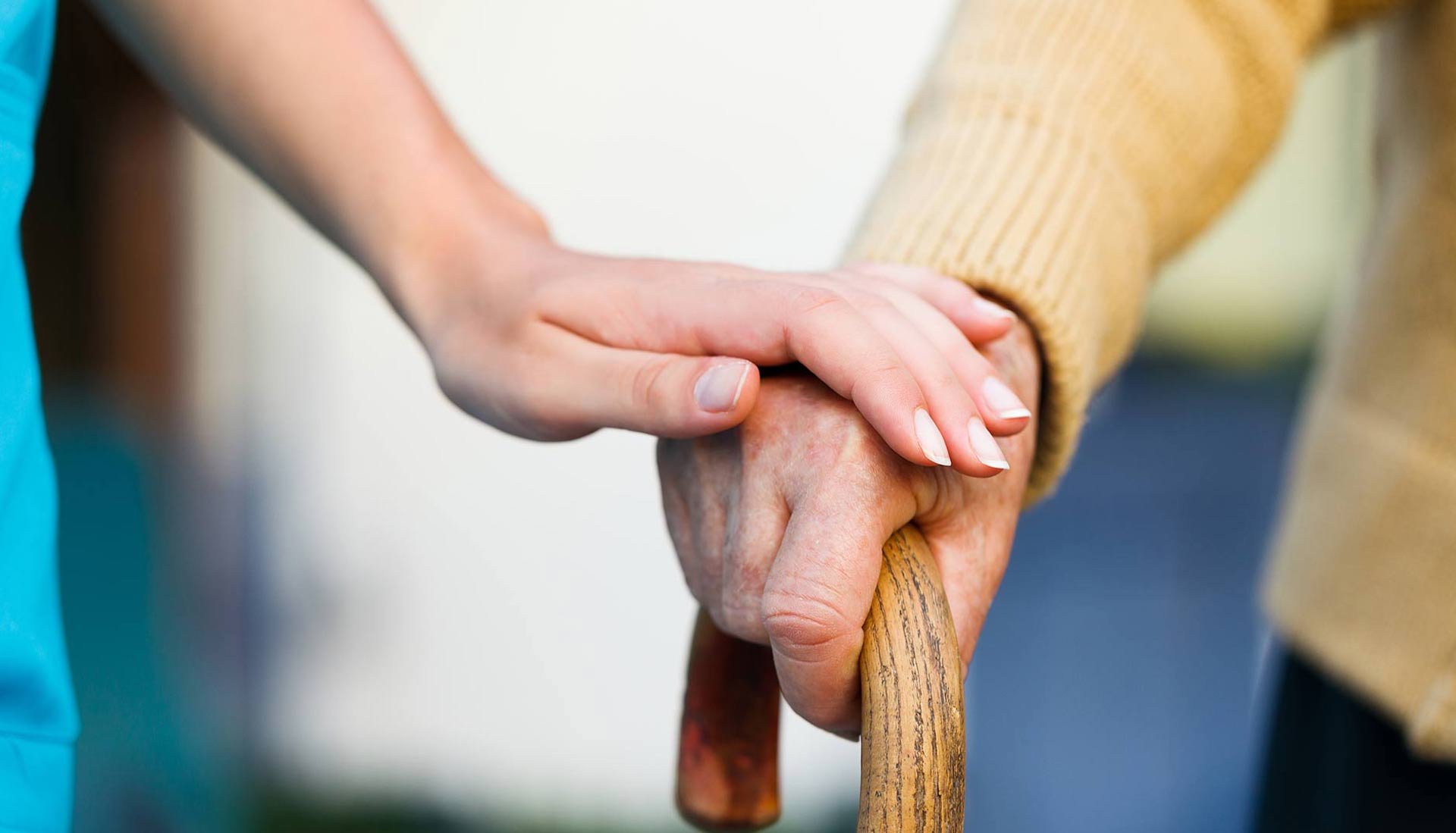A survey led by the Commonwealth Fund and published in Nov 2014 shows that seniors in the United States of America, are much more ill, than aging populations in other first world countries. The reasons are not hard to guess: sedentary lifestyles, desk jobs, unhealthy diets, excess consumption of alcohol and stress, all of which are making the aging generation of Americans more prone to cancer, dementia, Alzheimer’s and Parkinson’s.
While managing the healthcare costs is certainly an issue, the larger issue is the quality and quantity of medical and nursing support that ailing seniors require. Their families cannot provide quality time for care-giving without compromising on their priorities. This raises uncomfortable questions like,who is to take on the responsibility of caring for the elderly.
Thankfully, there is hope. Geriatric Care or care for the elders is today a highly organized, professionally-managed and cost-effective service. Highly trained, Professional Geriatric Care Managers that combine knowledge in medicine with expertise in care-giving have emerged as the beacon of hope for millions of older Americans.
Who are PGCMs (Professional Geriatric Care Managers) and what do they do?
PGCMs are professionalswho have been educated in the areas of gerontology, nursing, social work and psychology. Further, they are trained in assessing the health and condition of the elder, they are taught how to manage, monitor, provide and coordinate healthcare services for the elderly and support for their families.
Unlike Patient Advocates, Senior Advisors, Senior Navigators, and Elder Advocates, PGCMs are members of the NAPGCM (National Association of Professional Geriatric Care Managers) and are certified by any of three certification organizations for elder care management — the National Association of Social Workers, the National Academy of Certified Care Managers, or the Commission for Case Managers. In addition to the certification, all PGCMs must meet stringent requirements on education and experience before they can practice. They are also expected to adhere to a strict code of ethics and standards of practice, failing which they could be disbarred from the profession.
Roles, Functions, Benefits and Advantages of having a PGCM care for a loved one:
A PGCM combines the roles of a doctor, a nurse, a family member, a consultant, and partly that of advocate and law-enforcement official, while undertaking their duties. Some of their duties are:
- Helping families of ailing ones evaluate and choose the most appropriate housing option for the ailing member
- Attenddoctor’s appointments, communicate regularly with doctor, client, and family member, and ensure the patient adheres to the medical regimen
- Constantly updating the family members and medical experts to the status of the patient’s well-being as well as their needs
- Chaperone the patient to social, recreational, family and community events and help maintain a normal lifestyle
- Consultwith attorneys on behalf of the elderly person in their care, in cases of conflict and testify in court if required
- Review bills and monitor or manage the payment, and consult with CPA if required
- Gather information on Federal and state entitlements such as VA (veteran’s administration) and connect the families to local programs
- Manage the safety and security of the patient – both physically as well as emotionally by preventing any exploitation or abuse
Benefits
In short, PGCMs help the families of ailing elders save huge amounts in healthcare expenditure by providing the most appropriate level and type of care required. Moreover, this brings peace of mind to both the ailing and their families, helping them maintain their existing quality of life.
As a premium Home and Healthcare services provider in the Bay Area, NexGen has been helping hundreds of elders with high-quality geriatric care and putting a smiles on their faces as well on the faces of their families.

